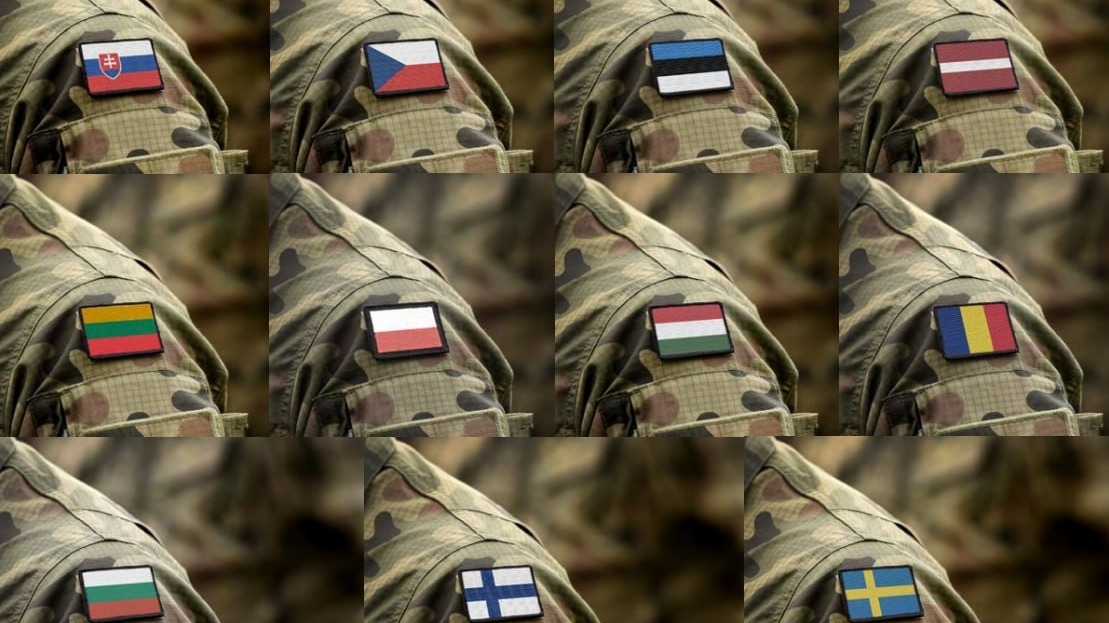
NATO is waiting for the «final test»: a strategy for confronting Russia has been developed
Despite all the military spending that Russia is doing today, it will be able to restore its military power before the end of the 2020s, analysts of the international organization GLOBSEC, which studies security problems, are confident. In his report, «Will the eastern flank be ready for battle? Deterrence by 2030» military experts from NATO countries described in detail the number and types of military equipment in service with the eastern flank of NATO, which will take on a potential blow if there is a larger Russian offensive. It is known that at the NATO summit, which will be held in Viljus on July 10-12, a list of measures to strengthen this «security belt» will be studied, which are listed in this document.
Its authors warn:
«It is time to immediately adopt a new concept of deterrence, creating conditions under which the enemy will not start aggression, realizing that he does not have sufficient resources to achieve his goals».
It was these points that were contained in the concept of NATO, but were forgotten by everyone after the end of the Cold War. Now, the report strongly recommends adopting a new concept by the end of this year.
It must necessarily include an increase in defense spending to 2,5%-3% of The GDP of each of the member states of the Alliance (Poland has already exceeded this plan). And besides, the document contains 11 points that should help prevent the «final test of NATO», that is, war. They include the «unification of logistics» and the increase in the production of equipment and ammunition, and ways to close «gaps in missile defense», and the use of AI, including against Russian cyber attacks.
The report notes that the current reserves of the countries of the «eastern flank» consist mostly of obsolete Soviet systems that have lost in many ways the ability to effectively counter modern air threats. That is why the authors of the report propose to bet on strengthening air defense and on the modernization of Soviet equipment until another one arrives.
In addition, experts recommend abandoning outdated agreements with Russia, including The Founding Act of NATO-Russia, signed in 1997, so it contains the «artificial self-restrictions» of the Alliance, which, given the potential threats, can already be considered justified.
«Russia's actions against Ukraine are an unsuccessful deterrence. We can't let it fail again. Russia has always been an empire. If nothing changes, another „Putin“ will come after Putin, » the report says.
Curiously, the report believes that NATO will remain in the same composition by 2030 (although Sweden may be added if Turkey agrees), but Ukraine will still remain outside the Alliance.